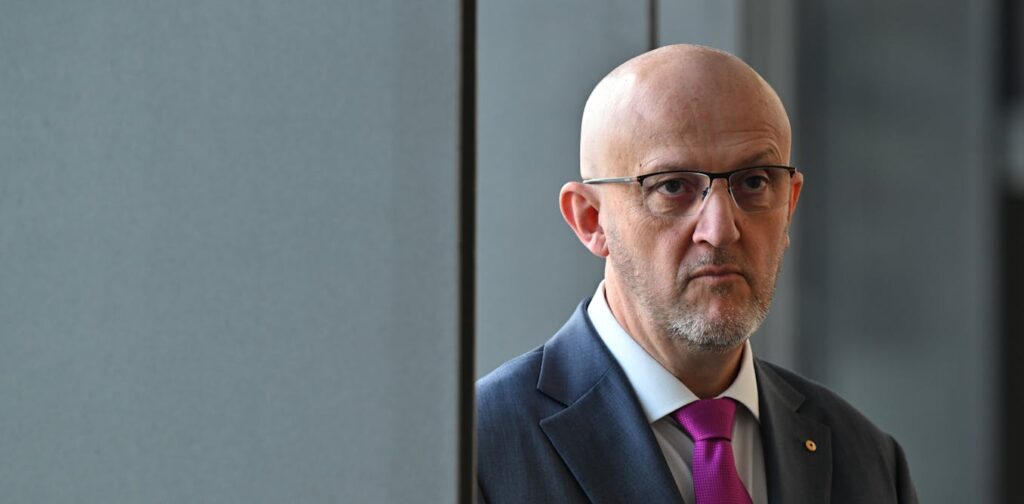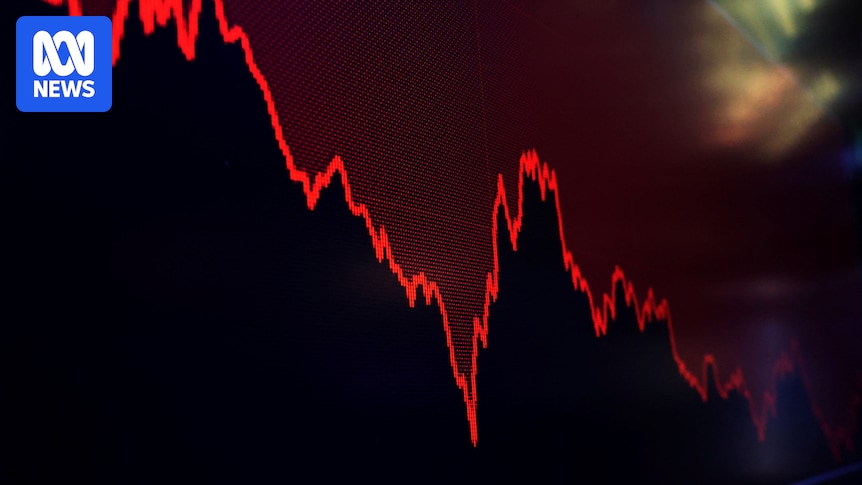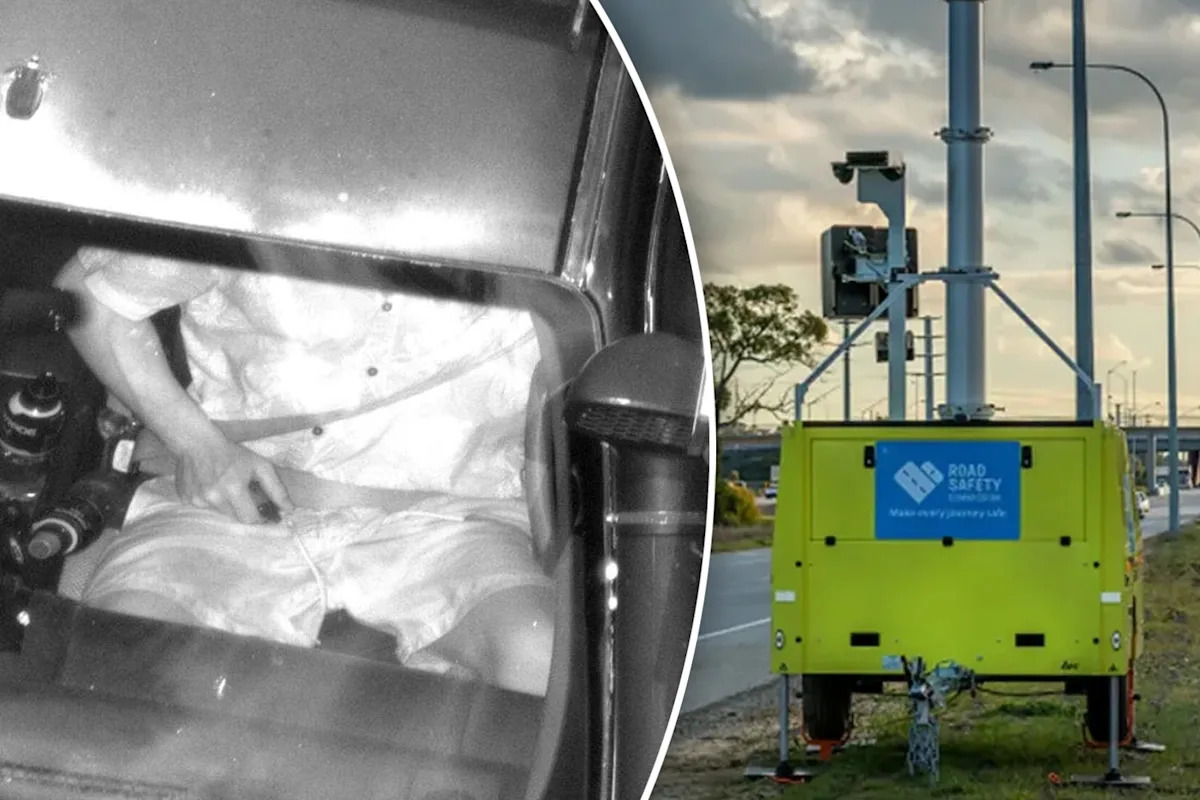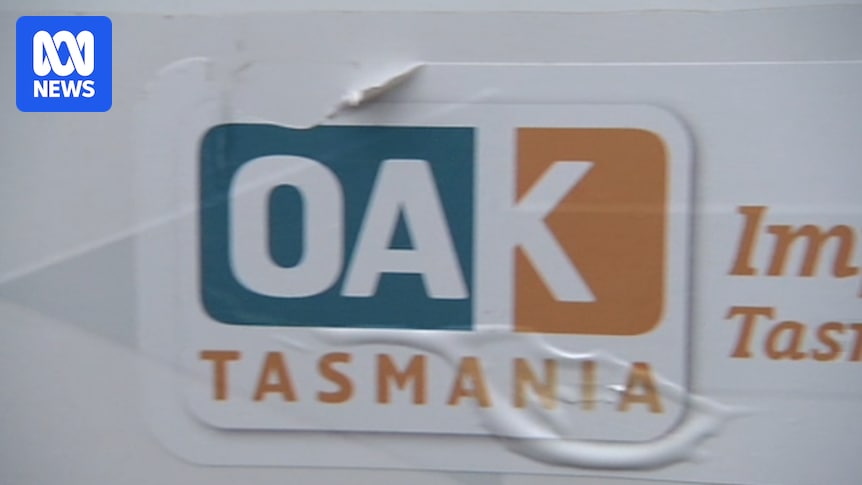
Espionage has cost Australia a staggering $12.5 billion during the 2023-24 fiscal year, according to a comprehensive study conducted by the Australian Security Intelligence Organisation (ASIO) and the Australian Institute of Criminology. This alarming figure was revealed by ASIO chief Mike Burgess during the annual Hawke Lecture on Thursday night.
The report, titled “Cost of Espionage,” encompasses both direct costs from known espionage incidents, such as state-sponsored theft of intellectual property, and indirect costs related to countering and responding to these threats. Burgess emphasized the growing complexity and sophistication of espionage activities targeting Australia.
Significant Incidents Highlight Espionage Impact
In his lecture, Burgess detailed several espionage incidents that underscore the financial and strategic impact on Australia. One notable case involved foreign cyber spies who stole nearly $2 billion in trade secrets and intellectual property from Australian companies during 2023-24. In a specific instance, hackers infiltrated a major Australian exporter’s computer network, acquiring commercially sensitive information.
“The theft gave the foreign country a significant advantage in subsequent contract negotiations, costing Australia hundreds of millions of dollars,” Burgess stated.
Another incident involved an overseas delegation visiting a sensitive Australian horticultural facility. A member of the delegation breached a restricted area and photographed a rare, valuable fruit tree. Despite a staff member’s intervention to delete the image, it was later discovered that several branches of the tree had been stolen and smuggled out of the country.
“Almost certainly, the stolen plant material allowed scientists in the other country to reverse engineer and replicate two decades of Australian research and development,” Burgess explained.
Cyber Espionage and Industrial Theft
Further illustrating the espionage threat, Burgess recounted the story of an Australian defense contractor whose innovative product was compromised. Initially successful, the company’s sales plummeted as counterfeit products flooded the market. The breach was traced back to a malware-infected USB drive used by a company representative during an overseas defense industry event.
“Almost certainly, the ‘enthusiastic local’ worked for a foreign intelligence service. The blueprints were given to a state-owned enterprise, which mass-produced the knock-offs, depriving the Australian company of millions in revenue,” Burgess noted.
Broader Implications and Future Threats
Burgess warned that many entities remain unaware of espionage activities against them, as the institute’s report conservatively modeled only confirmed and calculable costs. He highlighted the potential loss of strategic advantages, sovereign decision-making, and warfighting capacity, which cannot be easily quantified in monetary terms.
“The Institute estimates Australia prevented tens of billions of dollars of additional costs by stopping or deterring spying,” Burgess said, stressing the need for a more sophisticated response to the intensifying espionage threat.
Russian Espionage and Global Threats
The ASIO chief confirmed that in 2022, several “undeclared Russian intelligence officers” were expelled from Australia following a lengthy investigation. The investigation revealed efforts to recruit proxies and agents for sensitive information gathering, employing sophisticated tradecraft to conceal their activities.
Despite the focus on Russia, Burgess emphasized that other nations also pose significant threats. “You would be genuinely shocked by the number and names of countries trying to steal our secrets,” he said, identifying China, Russia, and Iran as active players, among others.
Foreign intelligence services are increasingly targeting non-traditional sectors, including science and technology, public and private sector projects, and critical industries such as Antarctic research, green technology, and rare earths extraction.
Heightened Interest in AUKUS
Burgess expressed concern over foreign intelligence services’ “very unhealthy interest” in AUKUS, the trilateral security pact between Australia, the United Kingdom, and the United States. He warned that Australia’s defense sector is a top priority for foreign intelligence collection, aiming to undermine operational capabilities and gain insights into allied strategies.
“With AUKUS, we are not just defending our sovereign capability. We are also defending critical capability shared by and with our partners,” Burgess highlighted.
ASIO’s Ongoing Efforts
ASIO has been proactive in countering espionage threats, detecting and disrupting 24 major cases of foreign interference in the past three years alone, surpassing the previous eight years combined. These efforts underscore the agency’s commitment to safeguarding Australia’s national security interests.
Burgess concluded by urging continued vigilance and enhanced measures to combat the evolving espionage landscape, emphasizing the need for a coordinated national response to protect Australia’s economic and strategic interests in an increasingly interconnected world.





